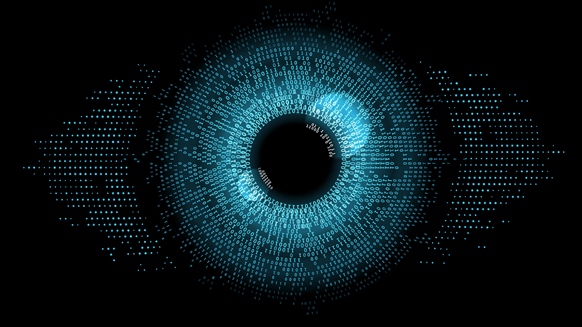Major importers of liquefied natural gas (LNG) in the European Union and Japan aim to establish an assessment platform to monitor methane emissions from LNG projects.
The platform is intended to support an industry alliance to curb LNG methane emissions that was simultaneously announced by JERA Co. Inc. of Japan and Korea Gas Corp. (KOGAS) on Tuesday.
The Coalition to Reduce LNG Emissions Towards Net-Zero would bring together the efforts of both LNG buyers and producers to reduce emissions of methane, the hydrocarbon blamed for more than a quarter of emissions of greenhouse gases.
“With the support of the governments of Japan, the United States and the Republic of Korea, and the Japan Organization for Energy and Metals Security (JOGMEC), we will work to increase the visibility of methane emissions through dialogue with LNG producers and to develop and disseminate best practices to reduce methane emissions,” JERA and KOGAS said of the initiative in a joint press release.
On Tuesday, the European Commission, Japan, South Korea, Australia and the US met to discuss measures to accelerate methane mitigation in the LNG value chain.
“To support the Coalition, Japan and the European Commission expressed their vision to create a global assessment of methane emissions from LNG projects and to incentivize methane mitigation by LNG producers by facilitating the process collection of information on methane leakage control measures and methane reduction targets”. said a joint statement from the allies.
The assessment platform would collect emissions data across the entire LNG supply chain. “Within Japan, JOGMEC will provide support mechanisms for LNG producers and consumers by creating an initiative that captures methane measurements and best practices, complementing the work of other existing platforms such as the Oil and Gas Methane Partnership 2.0,” the statement said.
“Japan also decided to provide support for accelerated methane measurement and mitigation by LNG producers, especially in Asian countries, drawing on its experience of continuous support in emissions assessment and abatement projects. gas and LNG”.
Japan regained its position as the world’s largest LNG importer last year, according to the International Energy Agency (IEA) in its gas market report for the first quarter of 2023. The country of East Asia held that spot from at least 2015 to 2019, it has reported. a 2020 IEA report predicted that the world’s third-largest economy would hold that position until 2022, after which it would be overtaken by China.
South Korea was the second largest importer in 2015 and 2016, overtaken by China from 2017 to 2019, according to the IEA.
Japan imported 71.998 million tons of LNG in 2022, according to finance ministry data released on March 10.
Meanwhile, the EU has recorded annual average LNG imports of around 116 million tonnes (157 billion cubic meters) in regasified form, according to data from the European Commission’s website.
Announcing the methane mitigation alliance, JERA and KOGAS said they recognize their climate role “as the world’s largest LNG buyers”.
“Both companies recognize LNG as a transition energy for a decarbonized society and believe that efforts to reduce GHG emissions in the LNG value chain will be more important in the future,” they said.
In South Korea, KOGAS will make “great efforts to improve the visibility of methane emissions across the LNG value chain in collaboration with JERA and JOGMEC to support the global response to climate change and the energy system sustainable,” the companies’ announcement said.
Meanwhile, the United States “resolved to encourage LNG producers and natural gas consumers in the United States to take ambitious steps to reduce methane emissions throughout the natural gas supply chain, including production, distribution and consumption,” the countries’ statement said.
To contact the author, please email jov.onsat@rigzone.com


